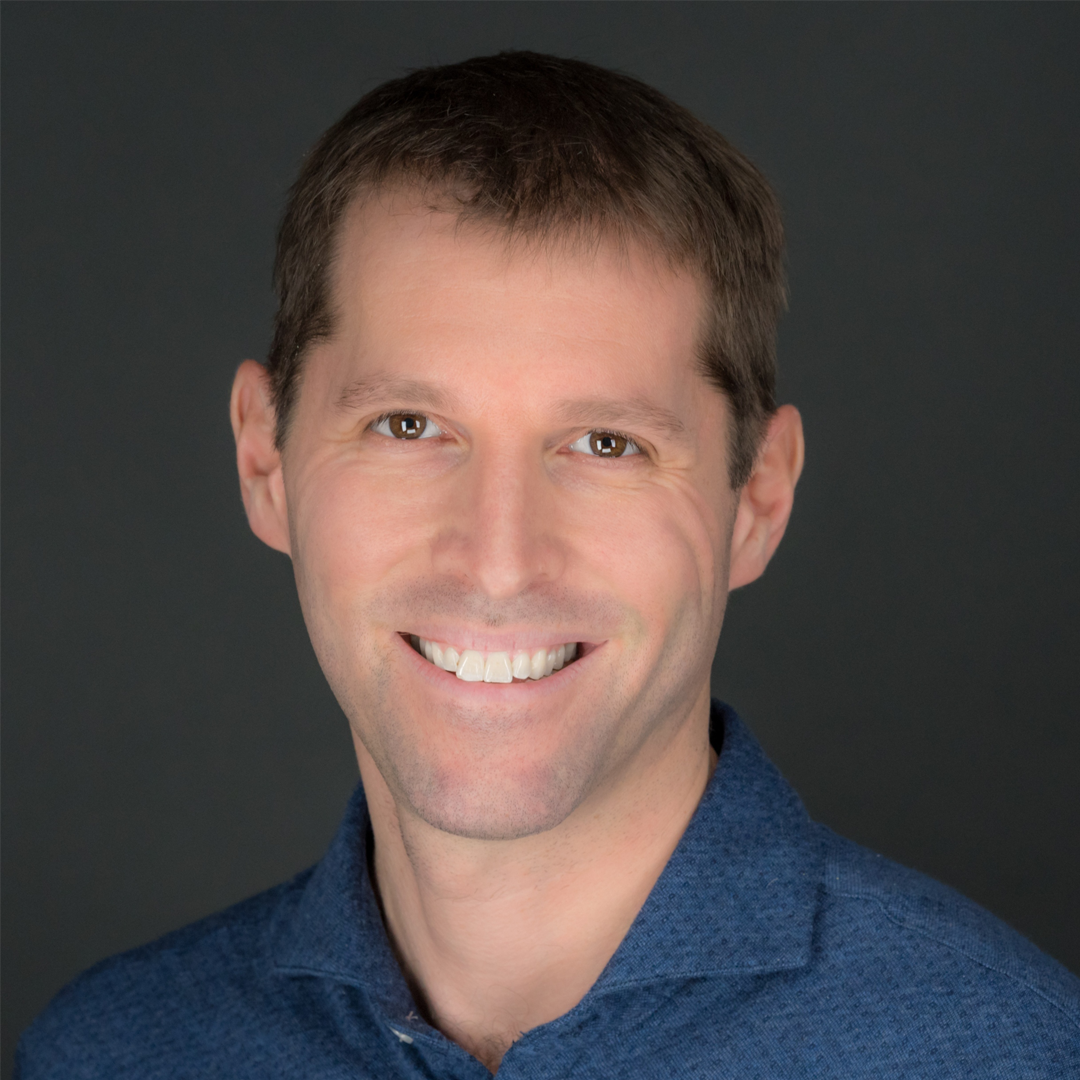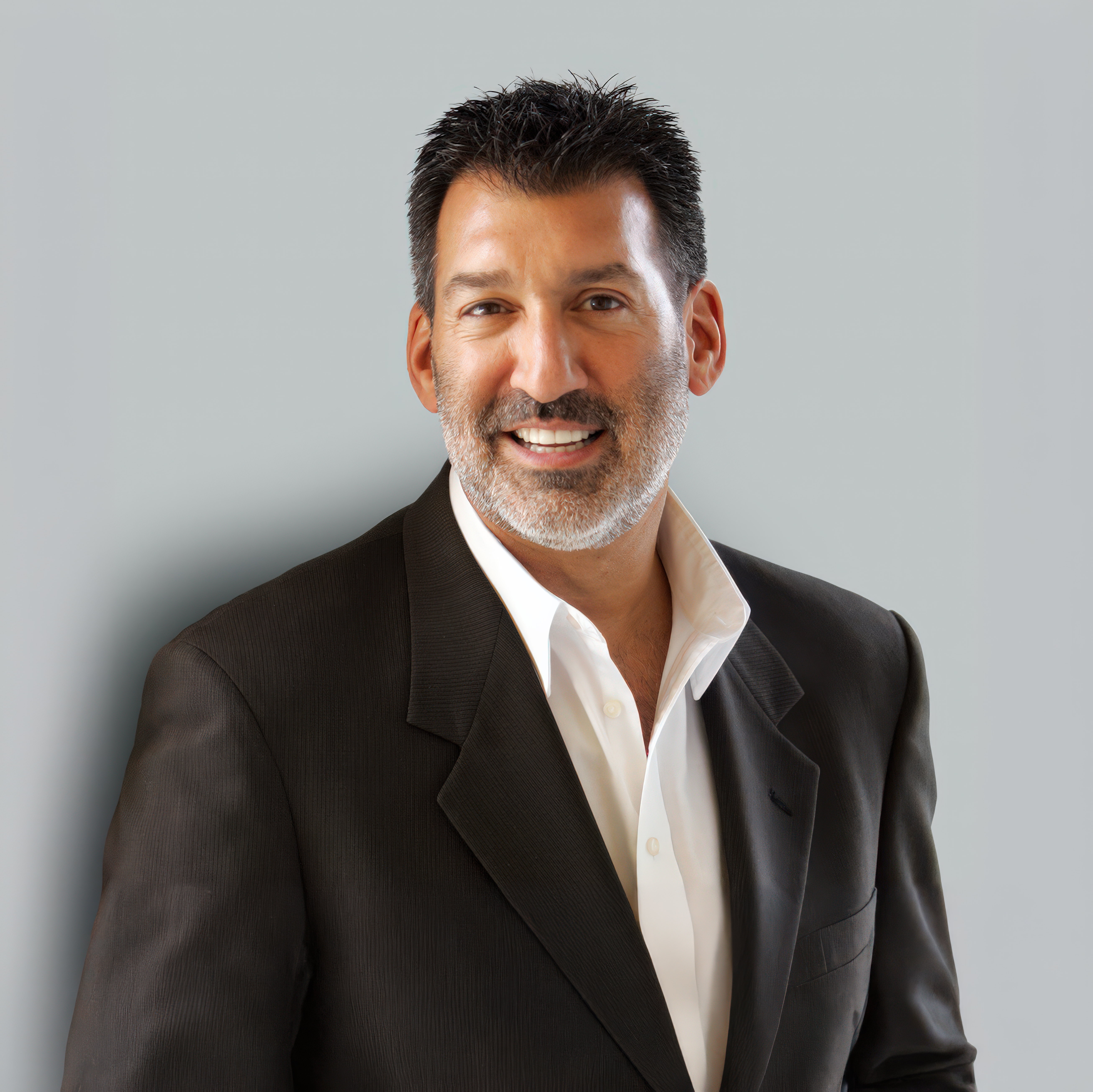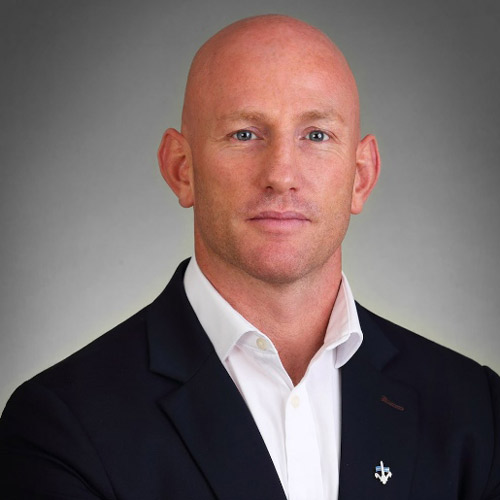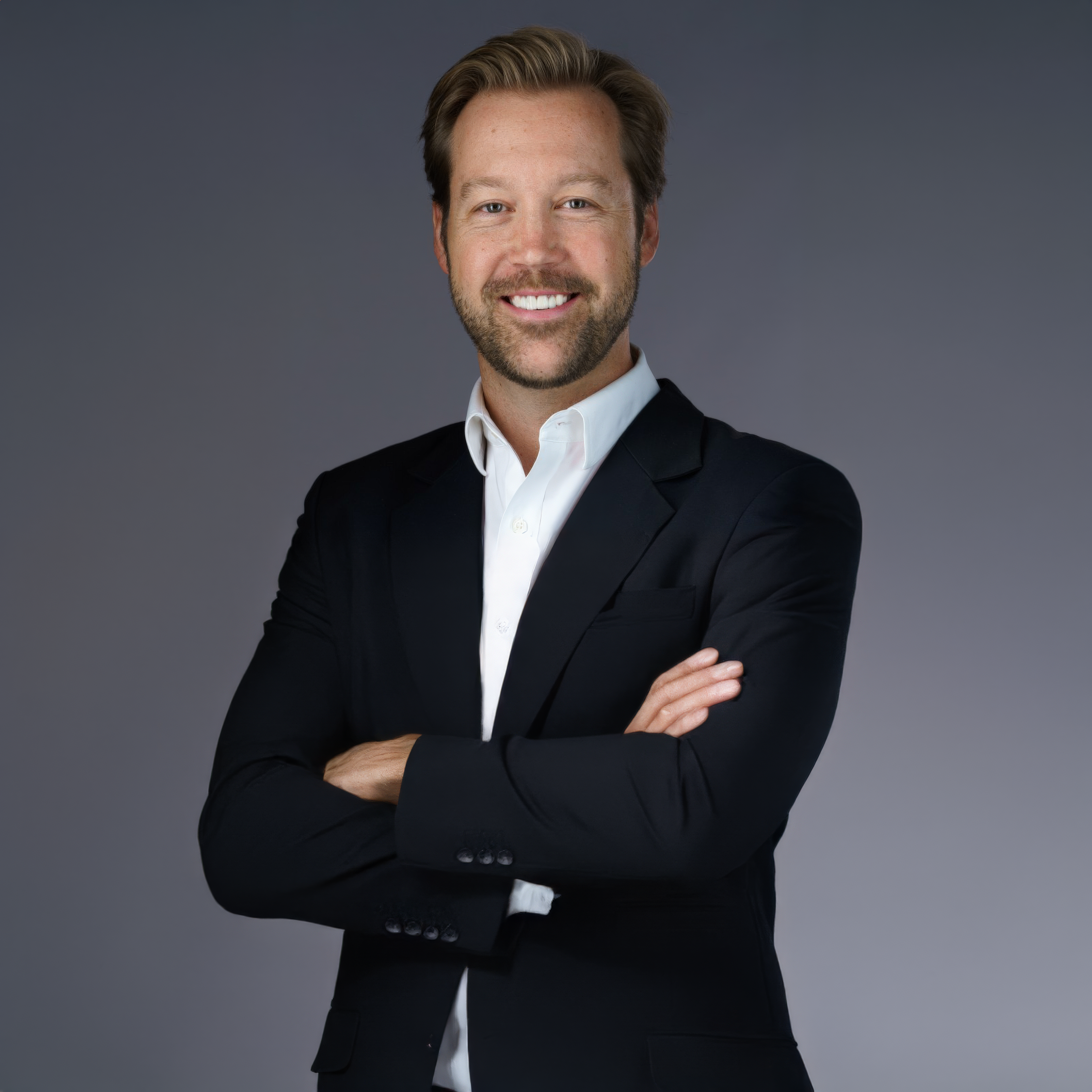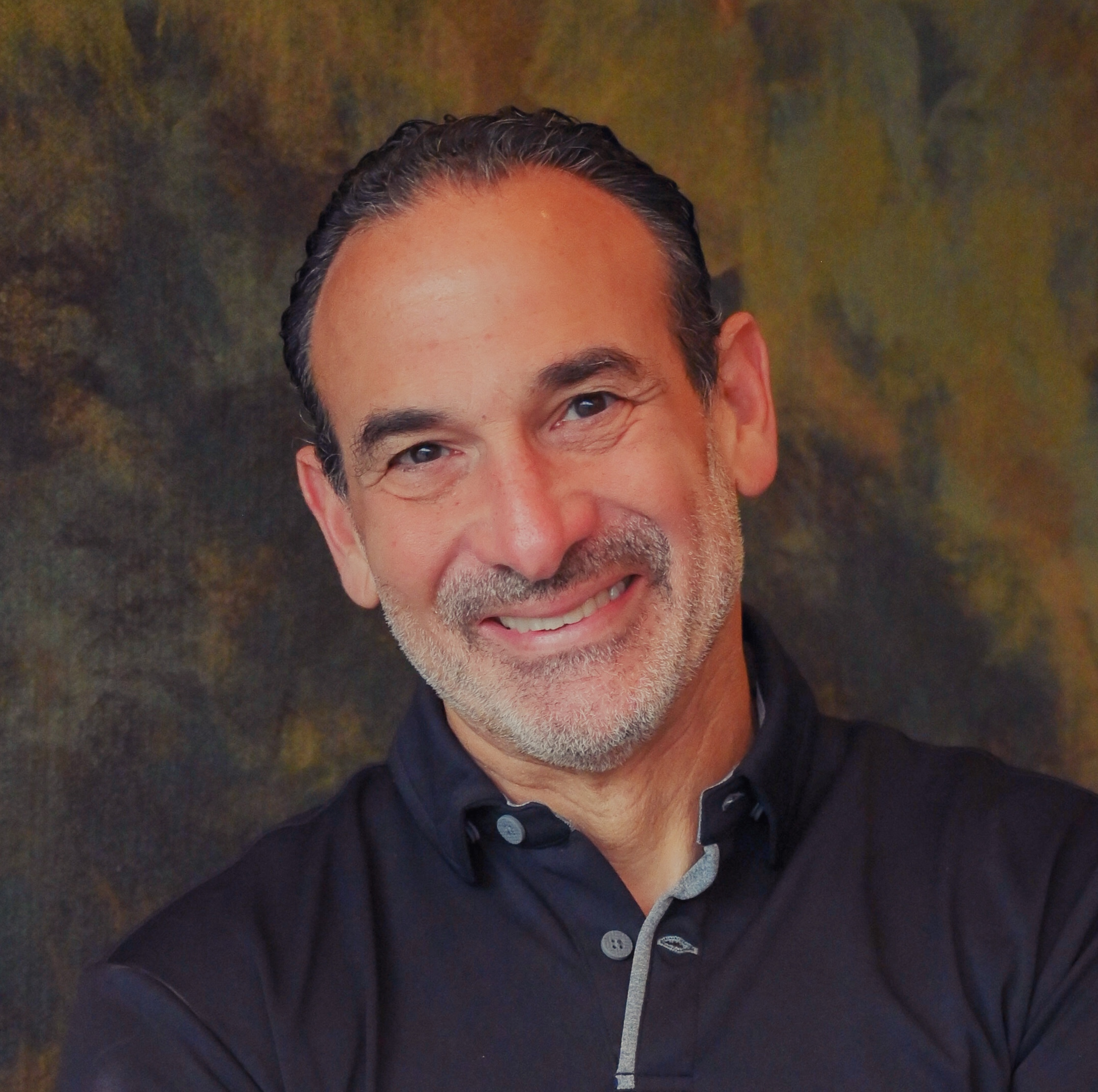Hey brand builder Rory Vaden here. Thank you so much for tuning in to listen to this interview. We are so excited to bring you this information and wanted to let you know that, Hey, there’s no sales pitch coming from anything that we do with this is all our value add to you and the community. However, if you are somebody who is looking for specific strategies on how to build and monetize your personal brand, we would love to talk to you and we offer a free call to everyone that’s interested in getting to know us and is willing to give us a chance to get to know them and share a little bit about what we do. So if you’re interested in taking us up on a free strategy call, you can do that at brand builders, group.com/summit. Call brand builders, group.com/summit. Call, hope to talk to you soon on with the show.
A while back, I was in a mastermind, a true mastermind of colleagues of best-selling authors who got together to spend some time to share some of our secrets with one another. And Bob Glazer is somebody who was there, who I got a chance to meet, who I really have enjoyed following and learning from and watching here ever since, you know, he is like me a practitioner. One of the things I really love is he teaches not so much from theory, but from experience. He’s a serial entrepreneur. He’s the CEO of a global marketing agency called acceleration partners. And you know, he, he has they’ve won a lot of different awards for his actual business. The reason I invited him a lot of people come talk about, which is really through writing.
He is a regular columnist for Forbes, for Inc., for Entrepreneur. He really started his brand with something called Friday Forward, which was very simple. It’s a weekly inspirational newsletter that now reaches over a hundred thousand people. He is a podcaster, but also as a writer, he has written several books. He’s a wall street journal and USA today bestselling author of four, four books. And I just think he’s a really great example of somebody using writing to leverage his personal brand. So anyways, welcome to the show, Bob Glazer, thanks, Rory excited to be here. So, you know what I just shared about you? I don’t even know how much, you know, that that’s how I kind of view you as an outsider. When I look and go, this is what I see about what you have done. Would you say that’s an accurate assessment or, or would you say that you’ve built your personal brand based on something else or other other things?
I mean, it was no, I think totally accurate sort of by accident, you know, it started, it started within our industry. You know, I, I always felt like I could communicate clearly in writing and our industry is just devoid of thought leadership. And I started writing stuff that was a little controversial, a little different you know, people really resonated, you know, with people in our business was strong and I realized it really set us apart within our industry. And then I kind of followed the cam. Harold was a coach and, and Tucker and we, you know, there was no industry book. So we said, look, we’re going to, we’re going to write the definitive book about our industry and how to use it and, and really lean into that. And then along the way, like how we were growing our business, in those words that you were saying around culture and stuff, I, I B sort of became passionate about how we were.
I thought we had figured out some things and leadership and culture and, and, and started to then take that writing and share it outside. And, and, and, you know, in articles, getting, getting, you know, byline articles, getting columns, you know, related to the books. And then as you mentioned, the big thing that sort of blew up really unintentionally was a note that I just started sending to my team every week that was getting, that was just about getting better. Just about sort of some of the core things I believed in and pushing them to this notion of build their capacity. And basically it started getting shared outside the company to the point where I then opened it up. And when I opened it up, all these people were interested in it and it, and it kind of exploded and then turned into two books later on. So it w it wasn’t an, it, it wasn’t
When you say, when you say industry, you’re talking about like marketing agencies,
Partner, marketing, affiliate marketing, like really about like the opportunity within our industry. But, but we always were trying to do our industry better, but part of the way we did that was build a company that focused on development and leadership and people. And so it became almost these two separate trees of topic. And, you know, one of the things that I always say, I, because we work in affiliate marketing, I see people write a lot of stuff to try to make money. Right. I, I never, for me Friday, I actually got a lot of questions. I, I, I never was clear how it was going to help my business, whether it was going to make any money. I was getting really great feedback from people. And it made me the next week to say, how can I deliver value to this audience that, that, cause I’m making a difference for them and not worry about what I was going to get out of it. And, and probably the best thing I ever did for myself or my business or otherwise, but because, but I didn’t have a goal other than to add value to, to the readers every week.
How, how long did it take you? Like, so at you’re at over a hundred thousand subscribers on this, this week?
Yeah. Probably reaches about 200 now across LinkedIn and a variety of channels each week across in about 60 countries.
Okay. And, and how long, like when did you start it? Like how long has it taken you to ramp to five
Of years? And I think like anything I’ve heard, you’ve probably heard James clear, like we were, writing’s like, it rewards the long game. Like I think, you know, it it’s a hockey stick of both SEO and stuff, getting out, you know, it was probably, you know, w w you know, year three to four, I probably added more people than year, you know, w one to three. So this is the thing, whenever I see anyone looking for the outcome before they put in the work, I kind of think you have to put in the work and then hopefully hope for the outcome. I, I, I’ve never found a hack to, to doing that.
Yeah. I love that. You know, the hack thing is like, sure, little tips and tricks here are always good, but I’ve felt the same way. It’s like, no one, no one’s significant ever hacked their way there. It was value over the, over the long haul. Now, when did so writing for like Forbes and entrepreneur and E Inc, right. Those are things that I think really helped with credibility and all that. And also search engine optimization, and also just reach, like, there’s just flat out people who will find you there that would never find your own blog. So how do you, how did you get that? And when did you add that to the mix and like, how do you even go about getting one of those
Posts? Yeah. You know, a lot of times a book or something, or it’s just a reason to connect with people. And, and I think I had done some work with John Hall and you probably know him in his team, and I think they were able to help me. I was actually at a conference when I met the guy he had been on Friday for, we talked for an hour and he, he handled some of the Forbes columns, was able to get me that column. And then it was when I launched I think my elevate book, that part of the outreach and some of the PR connected with the leadership writers, they saw what I was writing about offered, offered a column, and then, you know, it’s like anything, once you have one or two, it’s much easier to go to the third and say, you know, I, I, I do X and Y I think one of the things that, that the mistakes that I made I’ve learned is, is I think sometimes you just try to create too much new stuff.
Right. I, I could adapt the Friday forward into an Inc article and do different angle. I learned to take the articles and put them on medium and put them on LinkedIn. And I really, in the last year or two, try to, you know, cause some of the commitments on those things that used to be pretty high, you know, in quantity to write weekly and, and, and for free, which is so, so it’s a lot to do. So I focused on syndication more. I focused on bringing something back from years ago and redoing it again and reaching a new audience. There’s always the desire, something new and shiny, but I, I I’ll bring back like one of my tried and true, you know, new York’s posts you know, into, into one of my things every two years. And I will do just as well or better than the first time.
So, yeah. Would you mind sharing with us a little bit about like, do you have a system for how you sequence that? And then also like, you know, are you, I know you’re saying now that you’ll repurpose on more like social, like you’ll,
Unless something like the LinkedIn or medium, right. You can bring stuff back as much as you want.
Now, were you having to write unique articles for each of these Forbes and entrepreneur and Inc like, like, were those when you first started, were those all new, new proprietary? Like, you’re only see this post here.
Yeah. Those have to be new, but then after two weeks you can take them to LinkedIn. You can take them to medium, you can take them to other places. Right. And they’re even in other places that will syndicate them. So you write new for them. But I would also have something where Friday Ford was a certain storytelling format, but I could take just the core essence of that and make a eight ink article about it. That was different, but on the same topic. Right. So just in terms of trying to leverage, and a lot of times, I know I knew the topic resonated, right. But, but Friday Ford is a storytelling and Forbes and anchor like a one, two, three, so you need to take it. And, you know, you’ve got to shift the format a little bit, but yeah, I, I think there are a couple of places, right. That require that it be new, but, but I was in the LinkedIn pulse program earlier, early you know, I have a 305,000 followers on the newsletter system there. I think it’s the number two newsletter. And so obviously that built a little flywheel around, you know, publishing on LinkedIn is as well.
Hm. Hm. Yeah. I, I love that. So, so what is your rhythm now? Like how frequently do you think I have to write a new article? Is it still once a week for Friday forward and then everything kind of emanates from that or, yeah.
I slowed down the new creation, so I read it on Friday forward. I syndicated on LinkedIn. I will then, you know, if I’m doing an article for ink or Forbes that is timely or something I want to write about I’ll then do that. I’ll wait the two weeks and I’ll, I’ll put it somewhere else as well. But I I’ve actually slowed down the new because it, it became, it became a lot. And, and, and that was easy to do actually, because it got complicated last year to write about things at certain times, just from April to may, to June you just certain topics you couldn’t write about. And, you know, didn’t want to write about COVID stories every, every week. So also, you know, you start looking at the data and, and, and what works and where do you see impact and where do you see, you know, the flip side of this sometimes is you can get caught up with, you might have a column somewhere or whatever, and it does nothing for you. Right? You got to kind of look after a year to say, look for the hundred hours I put into this. Should I have put them out? Where should I have created a course or written a book or, or otherwise. So I, I’ve tried to really look at the data and what worked and where are people hearing me from it. And I’m always sort of calling something every time I add something. Yeah.
Yeah. I mean, that’s true about anything, right. You could spend that time creating Tik TOK videos, or creating YouTube videos or creating whatever. But so at your peak, would you say you were writing like three new articles a week, five new articles a week,
But two, three a week. And it was, it was a lot of work. How long
Did that go on for
At least a year or two.
Okay. So, so you’re doing like two at the peak. You’re doing two to three new articles a week. And how for how long were you writing at that frequency?
I think about 12 to 18 months just to see if it made a difference, but I, but I had sort of an assembly line. Like I had the ideas, I do the drafts. I have some really good editors behind me and we’d have kind of a bunch in, in, in motion. Like I can write really quickly, but editing takes me forever. So that’s something I have people that can edit really fast. So I, you know, you need, you need a system, I think, behind that in order to do something like that.
So, yeah. So I agree. So the ideas thing is interesting cause I, I have yeah, I basically write on for kind of four topics, all influence. I think of my areas just influence, but I’ve got four different topics in each of them. I have a sheet with ideas for posts in each of those categories. How do you do your drafts? Do you sit in front of a computer and like, just type it, do you talk it out? Do you shoot a video and then transcribe it like
I I’ve had two getters I’ve worked with for years that, you know, at this point, understand me and my race. I have actually tried everything except for the video I’ve done recording and memos. I will do like a really deep outline where I’ll write a couple of the things and I’ll say, what we need right here is a study or a reference to this point, you know? And then I have some they’ll research it and grab it for me. So I I’ve tried a bunch of different ways, honestly, as long as you’re comfortable with it, like, like for me to like, I can get it done fast, it’s messy as typos, but I’ll just sort of say, look here, I, I got this all out. This is a thing. Can you just, can you clean it up? You know, for me
Are these editors like contractors? Are they staff or are they PR like, were they provided by somebody like else or did you just like find it person?
Well, I I’ve used outside. I think it takes three to six months to get to somewhere where like someone’s editing or stuff and they think it’s you, I I’ve worked with outside, but these were staff. So we had a head of content for our business. And then eventually I brought someone on who handled a lot of my personal stuff and writing, you know, it was a big part of that. So I think there’s two people I’ve reached that level too. I always, I always joke with her if he could write something and send it back to me and I would think I wrote it because one of the things that I, that I do when I’m getting to work with that editor is I make a lot of comments around their edits. So like, one of my things is I never used things. I have a thing about sort of super motives, like always or never things that big can be disproven. So if they ever edit without word, I will say, I wouldn’t use this word. Right. Like I I’ll never use always. I don’t use never. So I, I actually will try to comment to them and give them some of my like isms so that as we edit, you know, it gets, it gets better.
Yeah. We’ve we do a similar thing. Like we’ve been doing something very similar with videos where, you know, a video editor will be editing and then it’s like, I’ll make a comment specific to something I want them to change, but then I’ll make a second comment that says why this is, and then we add it to a style guide that it’s like a list of just if you’re going to edit for me, these things should always be there. I mean, that’s interesting, just like the super-light sieves and you go, don’t ever send me something with a superlative in it. If it, if you are, then that means
Something that says never, never
Send me something
Explained. I explained it to, I said, because again, in my writing, I think if, if, if you’re trying to get to the reader and you say this never happens, and if someone can think of an example where it happens, then you’re sort of discredited. Right. So I it’s, I’m conscious to never, never say that. Okay.
So, so, so that you have this process, you kind of idea that you just sort of like puke it out there in whatever format, and then you let the editors do it. And you’re just kind of like always running that production cycle. Why that’s what you did for like 12 to 18 months. Yeah.
We have one in early, early development, middle development, like late development. Right. And they’d be coming back and forth.
Yeah. But if you do 12, I mean, if you’re doing three articles a week, let’s just say, so that means you’re doing, you’re doing 12 a month. You do that for 12 months, you got 144 articles. Then basically from that point, you can repurpose and backlog again, switch things around and brush it up. And now you’ve got a stable plus anything.
And then you go to write a book or something eventually, and you’d realize that four or five of those articles are key concepts in the chapters of your book. In fact, I’m, I’m doing that for my next book. Now I did the outline and I was like, I’ve talked about this concept before I’ve talked about this concept before. So, so we’ll be able to pull in some of that stuff.
Yeah. Plus the data, like what you’re saying is going on the readers are really responding to this. It’s like this needs to be in the book and know, you know, the book’s going to be a hit before you publish it because you already have the data out there of going, I know people love this. Right.
I know they love this unless you blow the title, which is, you know what, I learned a lot from you on that, on that map.
Yeah. That’s pain. That is, that is the pain. I mean, it’s funny because procrastinating on purpose, that that is a lot of what ended up in those, that book was they were, those articles appeared on my blog and there, you know, like the 30 X role is this, the section that I wrote and it’s like, I never wondered if my Ted talk was going to be a hit because there, it had all been proven before, you know, we, we messed up the title, which was super painful, but
And by, and by the way, in writing and in articles and Inc and Forbes push this, the title might matter five times more than what you write. So you get, you spend a lot of time on the title. And I saw this in ink, it’s a B test, every title. And you cannot guess sometimes which title will do better. But what they did was they would send out the top 10 articles every month. And there’s this travel guy and he’s number one, two, three every month. And it’s his formula. It’s just really clear. So this is where you have to use, you know, Ben, Hardy’s big on this. You gotta use data. And I know for people who are really good writers and purists, they don’t like getting into the sort of title and they think it’s clickbait. But I always say to people do want, you could write the same article and 10 times the amount of people will read it. Everything’s going by people really quickly. And they need a reason to read that article that day, that hour, because once it passes, they’re not going back to it.
Yeah. So let’s talk about that because you know, you’re referencing the story that I shared with you all about titles and we’ve, you know, my second book, which is painful, which we share a lot of our, like a lot of our members know that story, but let’s talk about titles. Like, is there anything that you can share that you go, man, this, this works like, these are general rule of thumbs, actually. Can you tell us what should we always do? And never do as it relates to our titles.
Look, I think you got to get uncomfortable with making it a little sensational. If I look at all, every time they send out the top lists, you know, the formula tended to be, you referenced a well-known company or name or something. And you said, this is the top reason or what they do, or the single thing. Like you see that a lot. But every time I get a list of the top performing articles, those titles are already on top of it. So this is, you know, this is the one thing Michael Jordan did to get ready for games. And here’s how it can help you like those title or, or those titles work. It’s coming by your desk. You’re like, Oh, what’s the one thing. And you’re not going to get to the one thing until halfway down. Now, I, I don’t consider that clickbait at all.
I consider clickbait when, what you get them into the article is not what the article is about or not. And it’s a bait and switch switch. Yeah. I don’t consider a clickbait like something that’s a little sexy in terms of, you know, bringing someone to the topic. But I, but when I get the list and again, if you’re ever an ink, it’s fascinating. They send out the top performers, this travel guy every month, it’s like, you won’t believe the one policy change Delta just made their customers love it. Right? His title is always something like that. Or United airlines just made this huge blunder and their customers revolted. And, and you know what, I even go through that list. I’m like, what was it? I wanna, I wanna, I wanna learn what it was. So it’s very clear that there’s some formulas that, that work.
So, you know, I really resonate with this though, because it’s like, I hate feeling like I’m pandering. Right? Like I hate feel like I’m just, you know, it’s, it’s like, I don’t want to,
You’re like, I wrote a good article. I wrote it
And cheap what feels like cheap wrapping paper.
Correct. But when somebody, if you get to the why someone said, what’s the point, I want people to read the article. Cause I think it’s, I think it’s good. It’s not true. And I think it can help them. Well, if you can tell me that one approach, we’ll get 10 times the people reading it than the other, then, then I can get comfortable with, you know, why I want to do that warm. As I, as I said to my editor, sometimes when we’re debating titles, this, this is something that someone at my company said to me, like warm cup of tea, titles, like don’t work. They just don’t things that sound like, you know, could check it out. Like, so-so that travel thing, right? The Delta airlines made this policy and their customers freaked out. You know, if I said like, you know, this is why it’s never good for an airline to change, you know, its policies on its customers without notice. Like, it’s kind of like the warm cup of tea Virgin. I got, I got, I see it. Come on. I don’t really need to read that. It, it is, it is interesting. Yeah.
If it’s not a warm cup of tea, what is it like, what’s the, what would you say it is? Is it like the extreme or the like, like what
I think that formula is like is ER urgent and simplicity, right? That’s what that formula is. Like. You want to it’s news. You want to read it now and by the way, there’s a, there’s a quick, not a quick, but there’s a simple takeaway for you. It’s always better to have the one thing than the seven things right here are the seven keys to success in life versus bill Gates said, this is the one thing that made him successful in life. Like which one are you more likely to read quickly or think you’re going to read quickly because you’re just curious. You might just be like, well, what’s that bill Gates? One thing I can look at that quickly, but then I get pulled into the article.
Hmm. Yeah. So you’re saying quality article, be okay with a little sensationalism or you’re just saying that’s what works, which I agree with. It’s like, whether you like it or not, that is what is, that is what people respond.
Sorry. I had to, I had to get comfortable with it because the data is clear and you’re in this, you know, if you ever watched a 16 year old these days, their phone, you have three seconds to like, you know, get someone’s attention as they’re going through. I mean, you know this from books, I always say to you with books, you can have a great launch and a book, or you can have a great launch and a great book. You can, you can pump a crappy book up at launch and then it will kind of crash afterwards, right? Or, or if you have great content or like how L rod, it’s not about the launch, it’ll come back. But if you have really great book, you will do better. If you have a great launch and you get the flywheel going, right. And it’s it’s, you shouldn’t feel bad about trying to sell your great book. If you wrote a piece of crap, you know, infomercial bug, then you might feel a little dirty about trying, you know, it up in the book. So this is predicated on that you wrote a good and meaningful article that has value to people.
Huh. So as long as it’s good and meaningful, then wrapping it in a trashy title is no problem, no biggie.
Again, you said it best. You can not do it, but, but the data will show that you’ll get maybe a third of the amount of people on it. And then the algorithmic world, you know, the more people that click and read it earlier, the more it gets shown
It’s it is such a heart it’s Russia, but it’s the same thing, right? It’s like, what good is if I have the cure for cancer, what good is it? If nobody knows that I haven’t. Right. But I feel they’re there. It’s like an artist struggle. You know, this is like a, this is like an art.
I struggle with it. And then the data became so clear to me that I became released.
What’s what convinced you. You’re just like, it doesn’t matter just that the data tells this is clear. It’s a strategic decision. I just got to make.
Yeah. I want people to read my content and get value from it. So if the title, it makes them more likely to read it, then I’m going to do that. As long as I don’t, I, again, I’m not, I don’t feel like I’m beading and switching them or trying to go with them into something. I think that’s where it gets a bad name. You know, ones that get you into these 25 clicks or whatever, but just talking about an article on ink, that’s been edited. Like it’s not, it’s not selling you, you know, potion or anything. Like it’s, it’s just content for someone to read.
Yeah. Well, I I like this. This is good stuff. I mean, this is, thank you so much for just kind of sharing, you know, like your, your process, Bob, where do you want people to go? If they want to connect with you or learn more about you and kind of like follow, follow up with your work?
I sure I I’ve got ever everything finally integrated which I’m sure you’ll appreciate at Robert glazer.com. So you can get the podcast Friday forward books courses, all this stuff is, is right on that page. It’s a GLA Z E r.com.
That is awesome. Well, you won’t get warm cup of tea titles. You won’t, you won’t get super Latinx, but you will get awesome insight and practical stuff. This has been so great, man. I really appreciate you opening up to let us see a little bit behind, behind the curtain of how you’ve been using the written word to just really build and grow your personal brand.
Great. Thanks for having me. It was great discussion.

